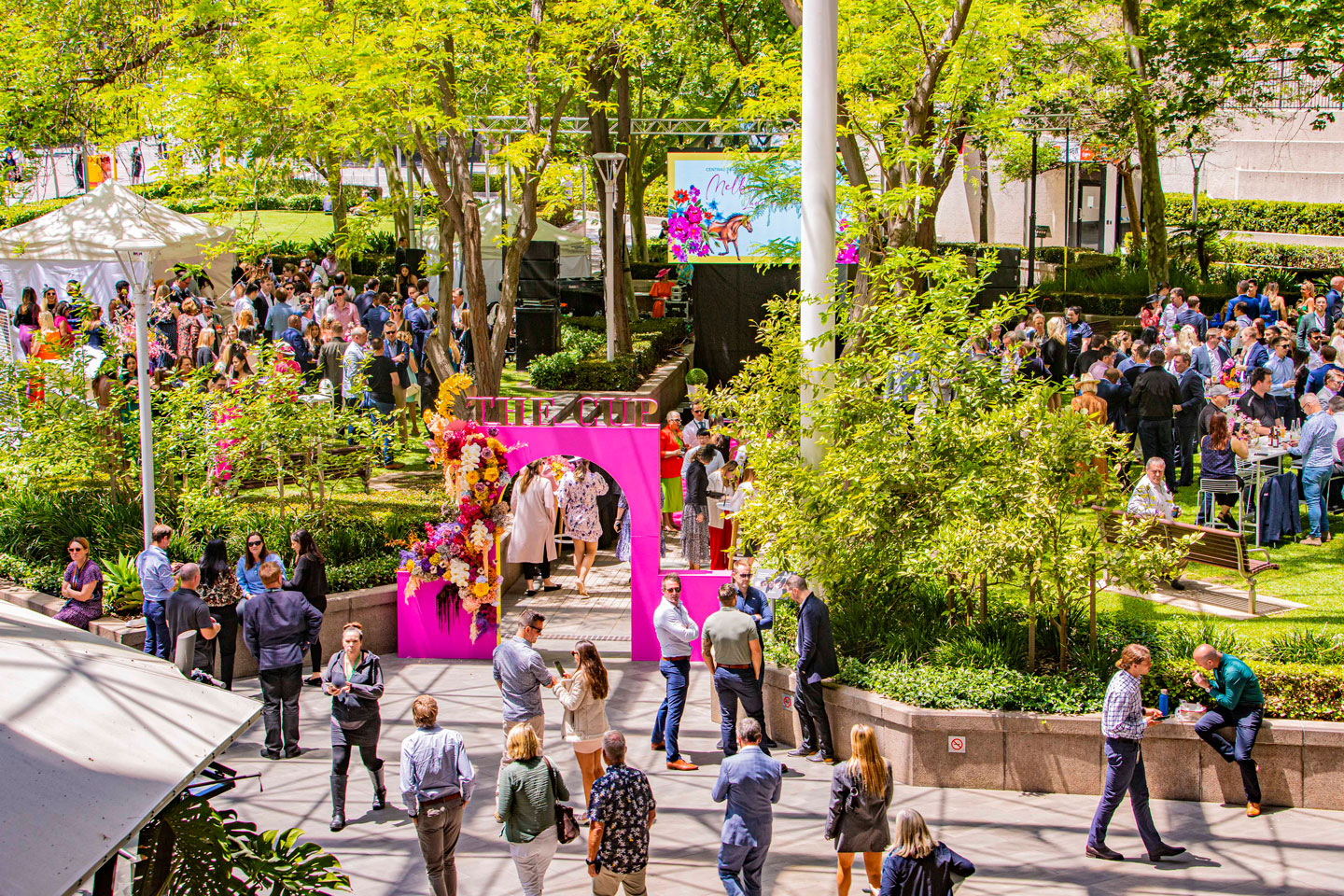As real estate sustainability strategies mature, companies are starting to integrate social value initiatives alongside their environmental goals and are beginning to use buildings to do good.


As real estate sustainability strategies mature, companies are starting to integrate social value initiatives alongside their environmental goals.
Social value - the short and long-term value that the built environment creates and delivers for the communities around it, is far from a new concept but it’s one that many companies struggle to address fully.
Only 10% of those surveyed in JLL’s recent Responsible Real Estate: Social Value survey are focusing on all seven key areas of social value - health and wellbeing, community engagement, diversity, equity and inclusion, employment and skills, responsible procurement, nature and biodiversity and net zero carbon goals.
While companies are aiming to deliver on ESG targets, social value activities can feel further away from an organisation’s core business, and therefore less of a priority, says Dr Marie Puybaraud, JLL’s Global Head of Research, Future of Work.
“It’s clear that decision-makers would like to do more, but the perception that it takes wide scale investment and major strategic commitment is creating a gap between ambition and action,” she explains.
Many companies are responding to pressures to focus on their net zero transitions, but these must be considered in tandem with broader social development goals for improved performance on overall governance, says Angelo Amara, Managing Director – WA at JLL.
And in Perth, a focus on social aspects could be the key to unlocking greater vibrancy.
“Perth is a city looking to reinvent itself beyond its reputation as a business district and to step away from its historic over-reliance on the nine-to-five, Monday-to-Friday working cohort to drive the city’s economy,” Amara says. “High-quality social value initiatives are exactly what public and private sector organisations need to aspire to deliver.”
Social value in action
Adding green spaces is one way to deliver strong benefits to both local communities and the environment. By 2025, 40% of corporates plan to complete biodiversity projects, with 33% intending to create green spaces for public use.
In Singapore, CapitaLand aims to provide an array of biophilic health benefits to its residential tenants and office workers at the 280-metre skyscraper CapitaSpring, with an edible sky garden and rooftop urban farm.
At Central Park in Perth, the building management team encourages workers and the local community to enjoy activities in the park, most recently which included the painting of traditionally unassuming benches with vibrant artwork. It also makes use of its lobby with Friday music sessions and gallery installations supporting local artists. Yoga and meditation classes are offered, along with various events and giveaways often coordinated with holidays and various days of significance.
Sharing private space for public purpose – something 43% of those surveyed are doing - is another low-cost example of using the built environment for social good.
In the Cloisters Perth precinct, large communal food courts create meeting hubs for workers and locals.
“From a commercial perspective it’s a simple equation,” Amara says. “Broaden the value proposition of a building or risk being completely irrelevant as market expectations continue to evolve at pace.”
Governments step up
Globally, governments are taking steps add value to the wider community, notes Nichola Hodge, JLL’s State Manager - WA, Project and Development Services.
“The Western Australia government is acquiring old properties to provide temporary accommodation and amenities in the city for homeless people, as well as support facilities for mental health and addictions.
“It is also using its planning powers to protect public green spaces within the city to provide the community with places to escape and get away from screens and the humdrum of the office.
“These are critical social initiatives and a great example of government stepping up which can only be improved upon with further collaboration with investors, developers and occupiers,” Hodge says.
In the UK, Aviva and property developer Stories recently entered into a £100m joint venture, partnering with landowners to optimize existing property assets for social good. Schroders Capital has announced an impact investment strategy for affordable homes, workplaces and mixed-use town centre re-purposing projects, to address social deprivation and inequality.
What gets measured, gets done
Despite emerging consensus about what social value priorities are, corporate decision-makers are less confident about how to measure them, citing a lack of standardised reporting and consistent data, plus difficulty measuring success, as their biggest barriers.
Construction company Lendlease developed a robust quantitative and qualitative methodology to measure the sustainable return on investment from its £2.5bn (AU $4.7bn) regeneration project, Elephant Park in London.
Over five years, it calculated that every £1 invested equated to £6 of social and economic impact, generating £36m (USD $44.3m) of total benefit. Activities included providing affordable rents and mentoring support to local small businesses, while creating jobs for more than 1,600 local London residents - over 900 of whom were previously unemployed.
As social value-driven initiatives increase, companies will come under growing pressure to show how they’re working with, and making a difference to, communities around them.
“Social value is not a short-term game and gimmicks won’t cut it,” Amara says. “The goal must be to create lasting positive change and resilience.”














